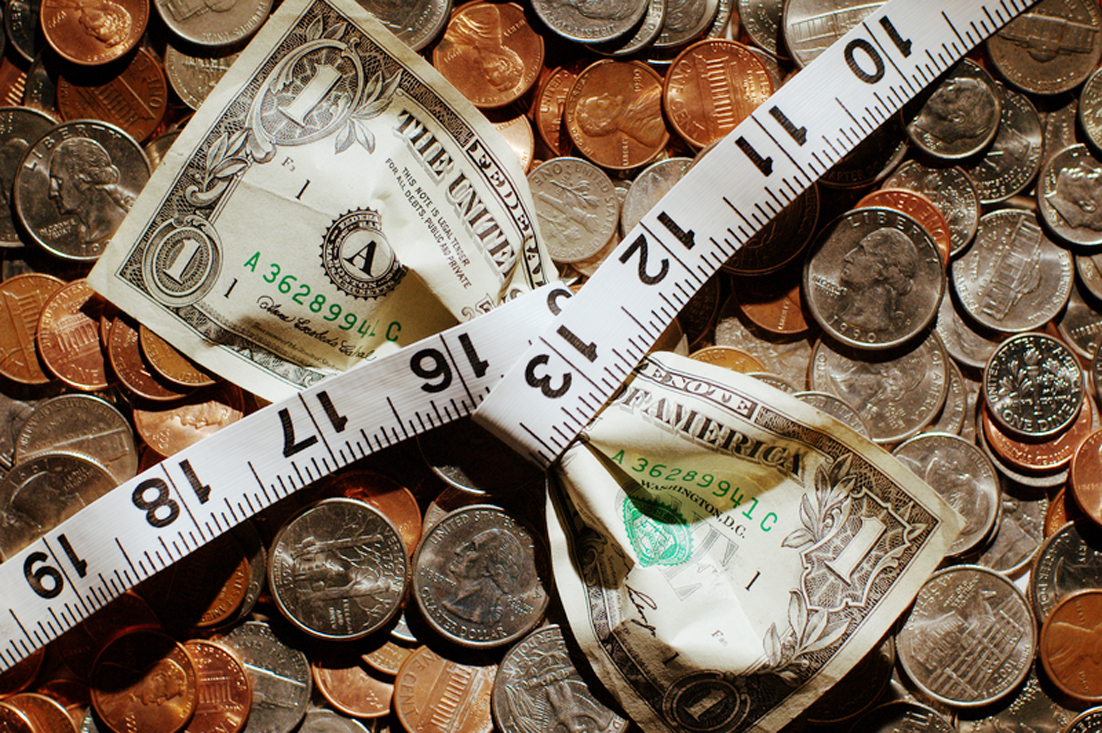Household Bills
Pound back from the brink: should you buy dollars now?

Sterling is trading at its highest levels against the dollar since its demise in the aftermath of the Brexit vote. If you’re heading to the States this summer, should you buy currency now?
The pound fell to a 31-year low against the dollar following the outcome of the Brexit referendum in June 2016. Having fallen by a fifth to $1.28, for many Brits a trip State-side exerted a significant tug on the purse strings.
But fast-forward 18-months and the pound is currently trading at its highest level against the dollar ($1.38) since the EU vote.
Alexandra Russell-Oliver, analyst at Caxton, said: “Several factors have played into recent dollar weakness – from mixed inflation data to concerns over Trump’s tax plans. But the recent spark was due to euro strength. The single currency rallied to a three-year high against the dollar on news that Merkel’s government had made progress in coalition talks.
“The dollar weakened across the board, including against the pound, which received an additional boost from reports that Spain and the Netherlands favour a soft Brexit.”
As such, the gains seen since the start of 2017 mean that now is the best time to buy dollars since the EU referendum, according to Caxton.
It said the rate is up over 5% since the initial lows hit in June 2016, up over 15% since sterling’s October flash crash, and up 12% since the US Presidential elections in November that year.
While 2016 was a volatile year for currency, it’s always worth taking precautions ahead of your holiday.
Caxton’s top tips
You can check the performance of the pound against the dollar (or your chosen currency), via its website or Xe.com and Oanda.com to keep track of exchange rates and the currency markets.
You can also Google a pairing such as ‘pound-dollar’ to get the interbank rate – the spot rate or buy/sell rates that banks and other companies trade sterling at. Otherwise Bloomberg and Yahoo Finance can also give you data to compare currency and see historical charts.
One strategy is to buy your currency in advance using a prepaid card so you know exactly how much you have to spend. Some providers also offer a buy back scheme so you don’t lose out on exchange movements.
Another strategy is to hedge your bets by booking half your currency now, and half later. “That way, whether the rate goes in your favour or against you, you’ll benefit from the higher exchange rate on at least half of the amount,” Russell-Oliver said.
Be careful about exchange rates at airports as these are typically more expensive – in some airports the euro/pound rate was at parity.
One final tip is on using your normal debit and credit cards abroad – this can be an expensive move for holiday spending.
This is because debit and credit cards often charge two types of fees on foreign exchange: ATM/usage charges, and the costs in the exchange rate. This can add between 3% and 10% on top of the transaction cost.
If you do have to pay with your local debit or credit card, one way to minimise costs is to always opt to pay in the local currency.
However, those going to Europe won’t get the same benefits. Russell-Oliver said the Euro has remained strong, as the Eurozone economy has continued to strengthen.